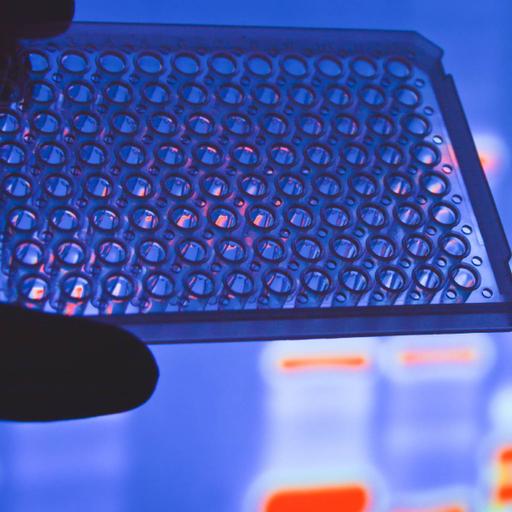Prenatal Genetic Testing
Presentations | English
Prenatal genetic testing helps you identify whether your baby is more or less likely to have certain birth defects, many of which are genetic disorders. These tests include blood tests, a specific type of ultrasound and prenatal cell-free DNA screening. The procedures used for prenatal diagnostic testing (called amniocentesis and chorionic villus sampling) carry a small but real risk of losing the pregnancy (miscarriage) because they require a sample of amniotic fluid or tissue from around the foetus. Some disadvantages that come from genetic testing can include increase in anxiety and stress for some individuals. Testing does not eliminate a person's risk for cancer. Results in some cases may return uncertain. Genetic testing is useful in many areas of medicine and can change the medical care you or your family member receives. For example, genetic testing can provide a diagnosis for a genetic condition such as bipolar disorder or information about your risk to develop cancer. There are many different kinds of genetic tests.

Free
PPTX (100 Slides)
Prenatal Genetic Testing
Presentations | English
